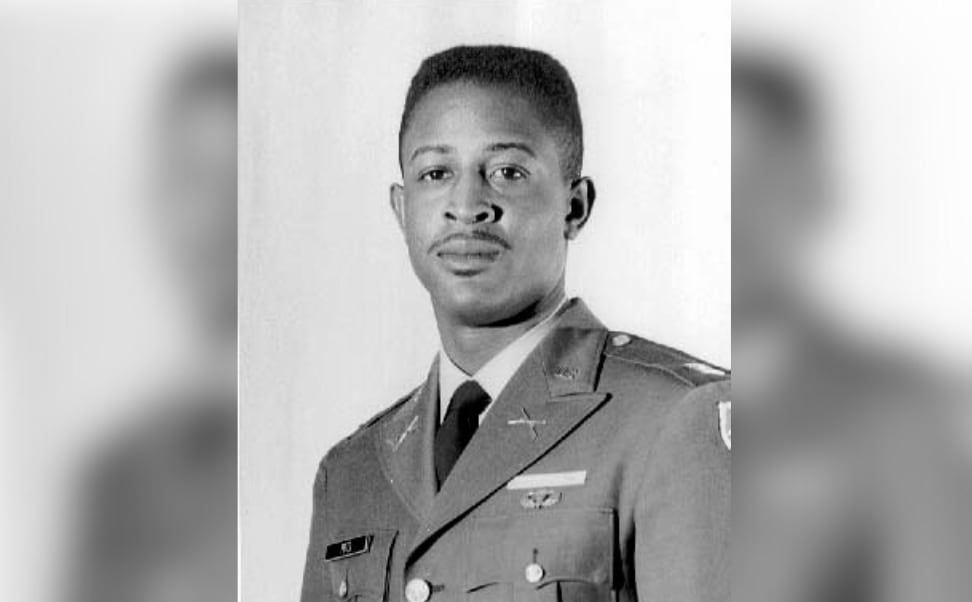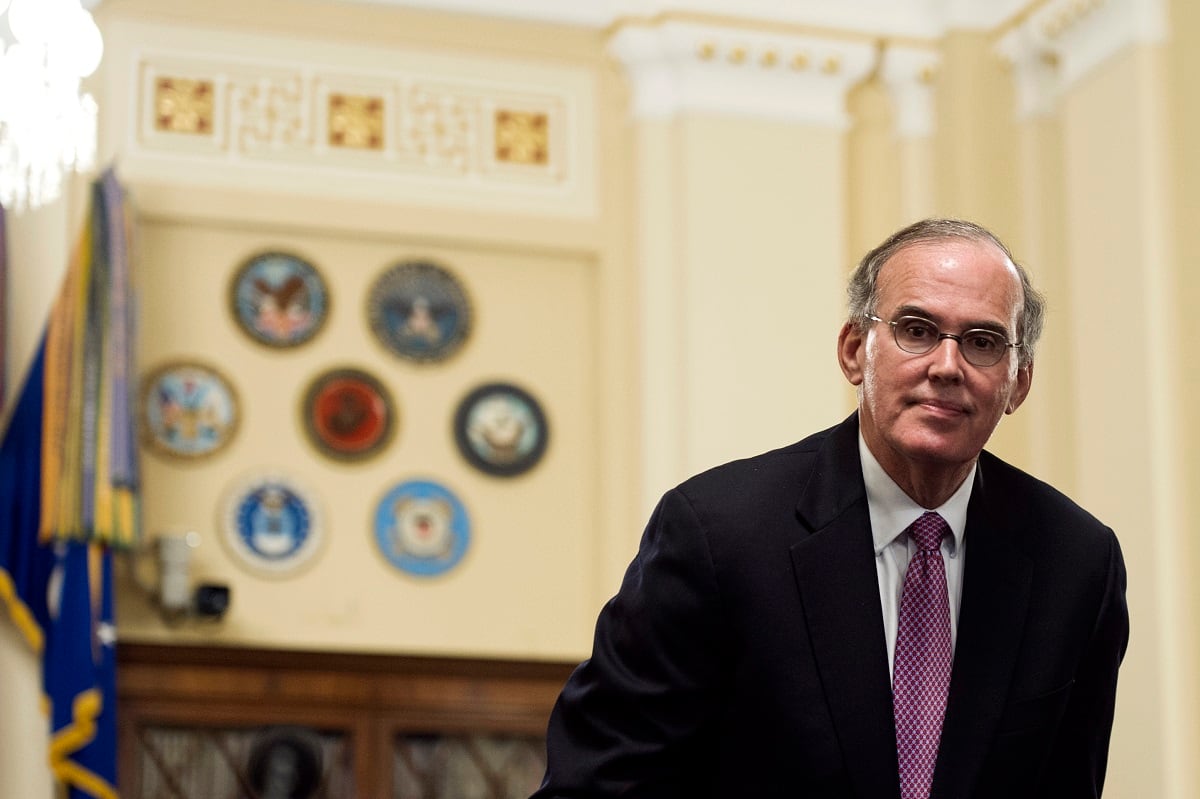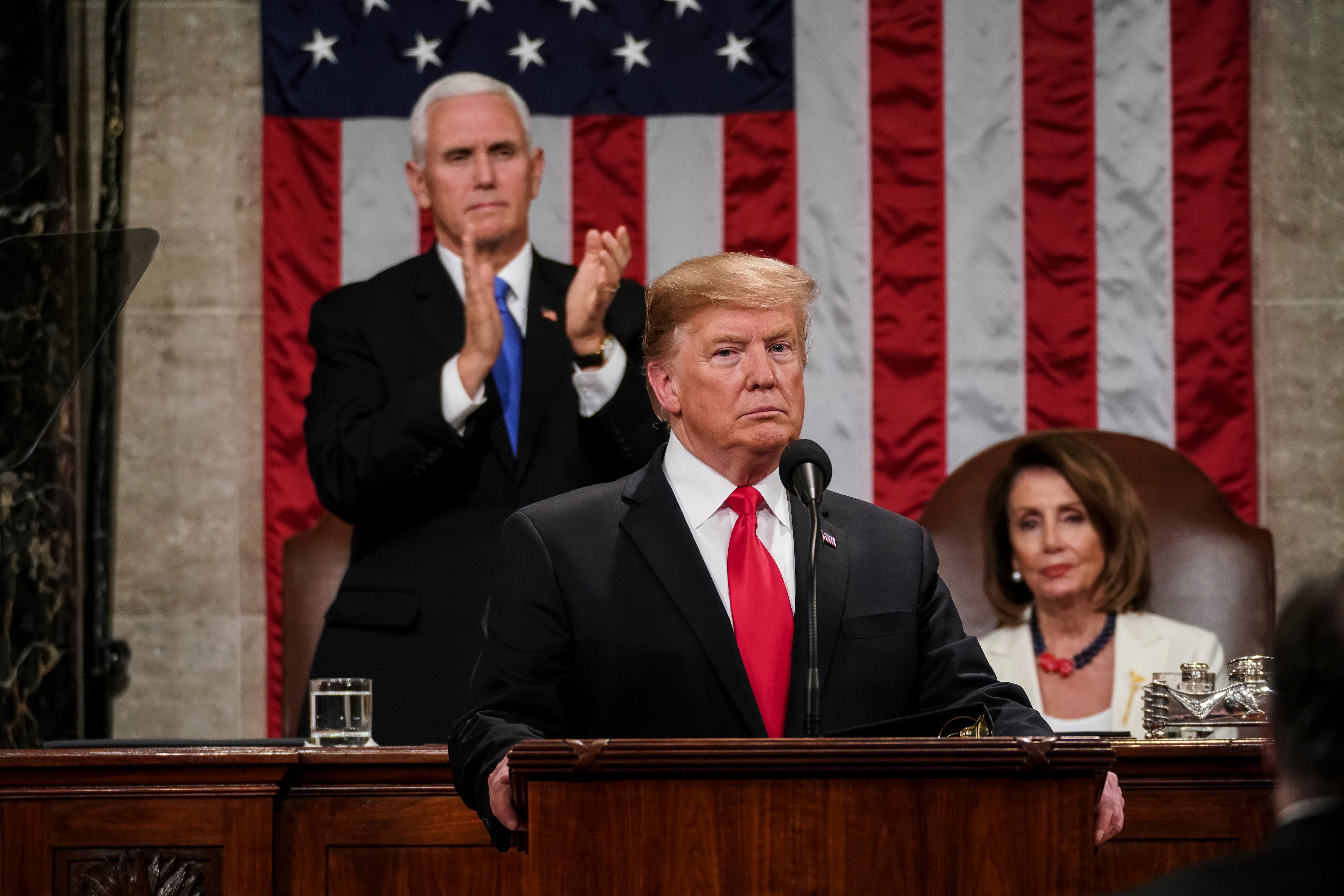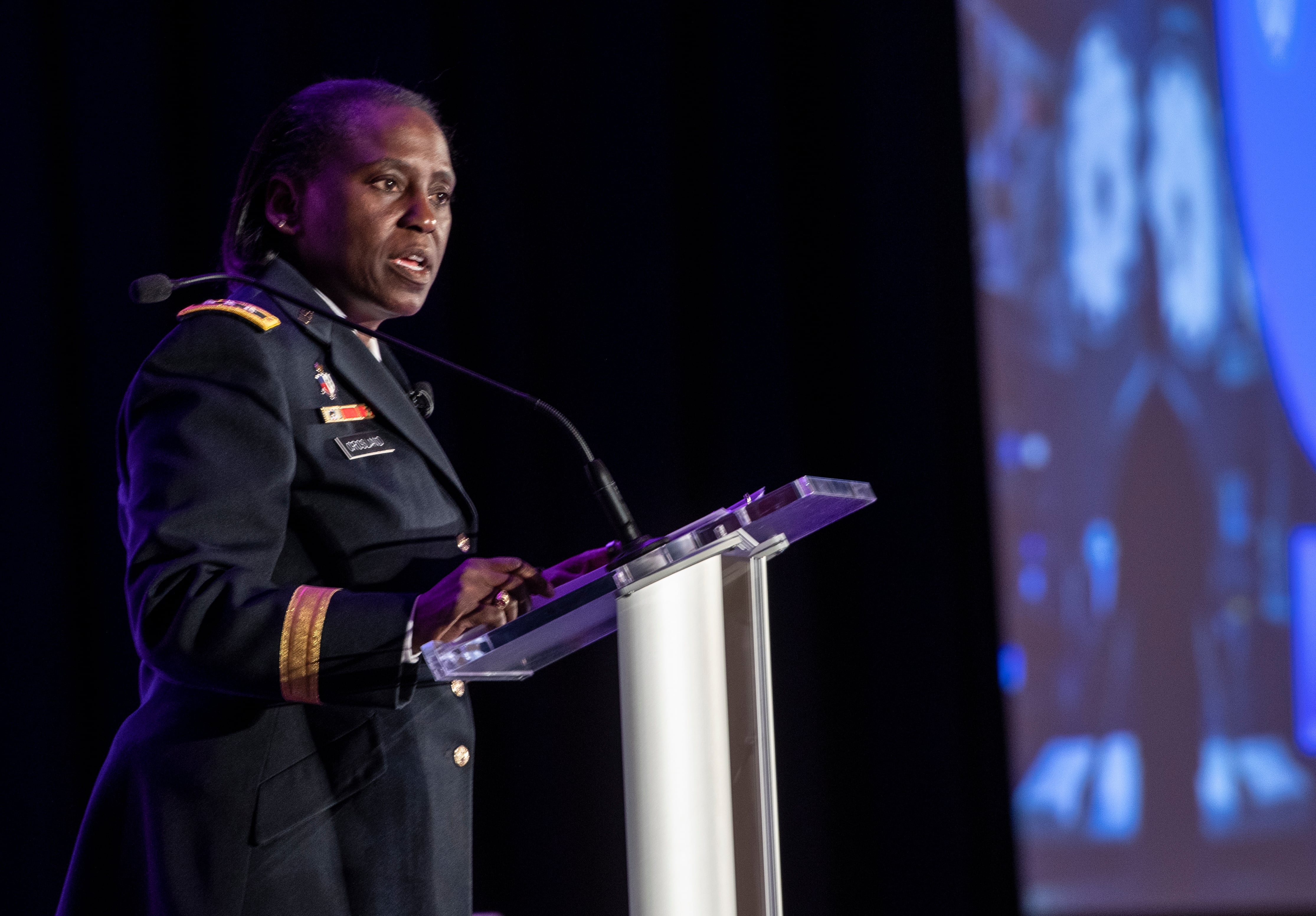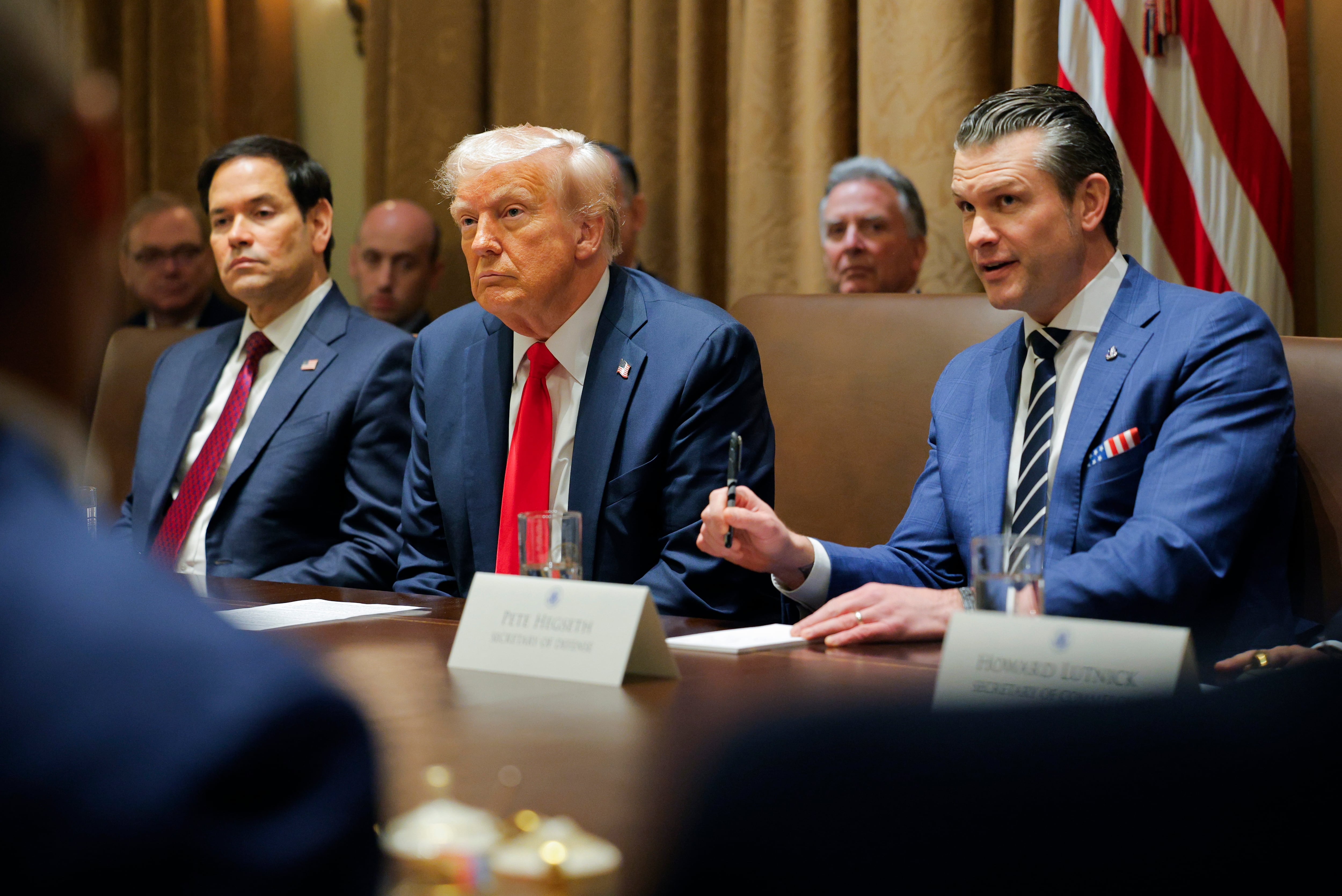HANOI, Vietnam — For Bill Clinton, President Obama's announcement this week of plans to resume diplomatic relations with Cuba must have stirred memories. It was 20 years ago this month that Clinton pulled off a similar diplomatic and political success, normalizing relations with Vietnam.
Not that Clinton needed a reminder — he was in Vietnam on Thursday to commemorate his largely forgotten breakthrough. He spoke as guest of honor at a reception hosted by the U.S. Embassy to celebrate American Independence Day.
The former president, in a speech reviewing U.S.-Vietnam cooperation, described normalization of relations as "one of the most important achievements of my presidency," and said it helped lift the burden that had been weighing down the American spirit since the Vietnam War.
He said it helped "heal the wounds of war, build bonds of genuine friendship and to provide proof in an increasingly divided world that cooperation was far better than conflict."
Clinton has good reason to be fond of Vietnam. A November 2000 visit to the country was the swan song of his tumultuous presidency, and he received a rock star's welcome in Hanoi and Ho Chi Minh City as he worked the crowds.
This visit is his fifth to the country, with his efforts largely in support of his Clinton Foundation's work in fighting HIV/AIDS, malaria and tuberculosis.
Clinton was the first U.S. president to visit Vietnam since Richard Nixon in 1969 visited South Vietnam, then at war with Communist North Vietnam. American troops withdrew from the South in 1973, and two years later North Vietnam defeated southern forces and unified the country. Between 2 million and 3 million Vietnamese civilians and soldiers died in the conflict, along with 58,000 U.S. soldiers.
America's pride was another victim of the war. Washington imposed a trade embargo on Vietnam after the Communist victory, even blocking aid from multilateral agencies such as the World Bank.
It was the politically volatile issue of resolving the cases of more than 2,000 Americans missing in action in the war that provided the opening for a new diplomatic approach. Vietnam, for its part, saw U.S. trade and investment as a way to help restore its battered and limping economy — an opportunity that the U.S. business community also warmed to.
Step by step, Clinton went down the path to restoring relations, first lifting Washington's veto on multilateral aid, then ending the U.S. trade embargo, and finally on July 11, 1995, announcing normalization of relations.
Clinton on Thursday was philosophical about the move to reconcile former enemies. He called the day he announced normalization "a different form of independence day."
"Vietnam had captured our imagination and taken up so much space in our spirit," he told a crowd of Vietnamese VIPs and members of the foreign community in Vietnam.
"There were people who were wounded ... no American my age didn't know someone who was killed there. There were raging debates at home, people on both sides thought the others were crazy. And somehow, when our Vietnamese friends finally said they would accept us, and we said we would accept them, we were set free."
Clinton singled out for thanks four distinguished Vietnam War veterans who as U.S. senators helped shepherd normalization.
Charles Robb, Max Cleland, John Kerry and John McCain "were the wind beneath the wings of this movement," he said. "They made what I was able to do as president possible."

